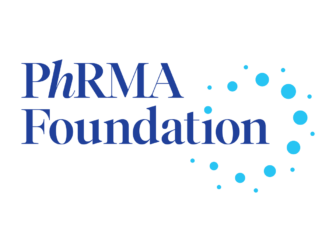Stephanie Zawada, MS

Real-World Mood Monitoring to Identify Patients at Risk of Stroke
Summary
A leading cause of disability in the United States is cerebrovascular disease, or conditions such as stroke that affect blood flow to the brain. Reducing the severity and longevity of disability linked to these conditions could exponentially decrease U.S. health care expenditures.
My research project seeks to identify patients at increased risk for cerebrovascular disease so that clinicians can provide preventive treatments. We will use a smartphone app to remotely monitor mood changes in patients who have previously experienced a temporary blockage of blood flow to the brain, called a transient ischemic attack (TIA), because psychological symptoms could be predictive of a stroke.
This project aims to identify which TIA patients would benefit most from the monitoring and which negative mood symptoms are best to track and at what time intervals. The identification of previously undetected at-risk patients could help clinicians target pharmacological or psychotherapy interventions to reduce a patient’s risk of stroke or other post-TIA disabilities. In the short term, positive findings from this pilot study could be immediately translated into routine practice at Mayo Clinic for patients at risk of stroke.
Ultimately, my PhRMA Foundation fellowship project will help scientists and clinicians better understand behavior-based digital biomarkers for cerebrovascular disease, with the goal of identifying patients who will benefit from pharmacological intervention to prevent or reduce long-term disability from stroke.


